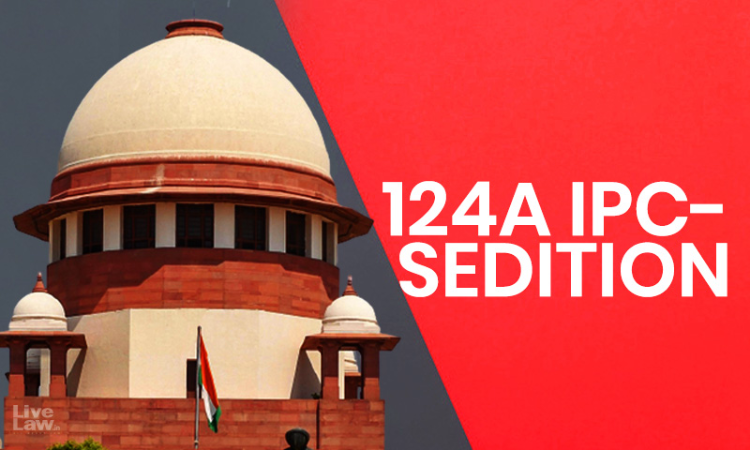Foundation Of Media Professionals Seeks Intervention In Plea Challenging Sedition Law Before Supreme Court
Akshita Saxena
13 July 2021 2:14 PM IST

Next Story
13 July 2021 2:14 PM IST
The Foundation of Media Professionals has moved an intervention application before the Supreme Court in the petition challenging constitutionality of the offence of sedition under Section 124A of the Indian Penal Code.The main petition was heard yesterday by a bench comprising Justices UU Lalit and Ajay Rastogi and the matter has been adjourned to July 27 to enable the Central Government...
